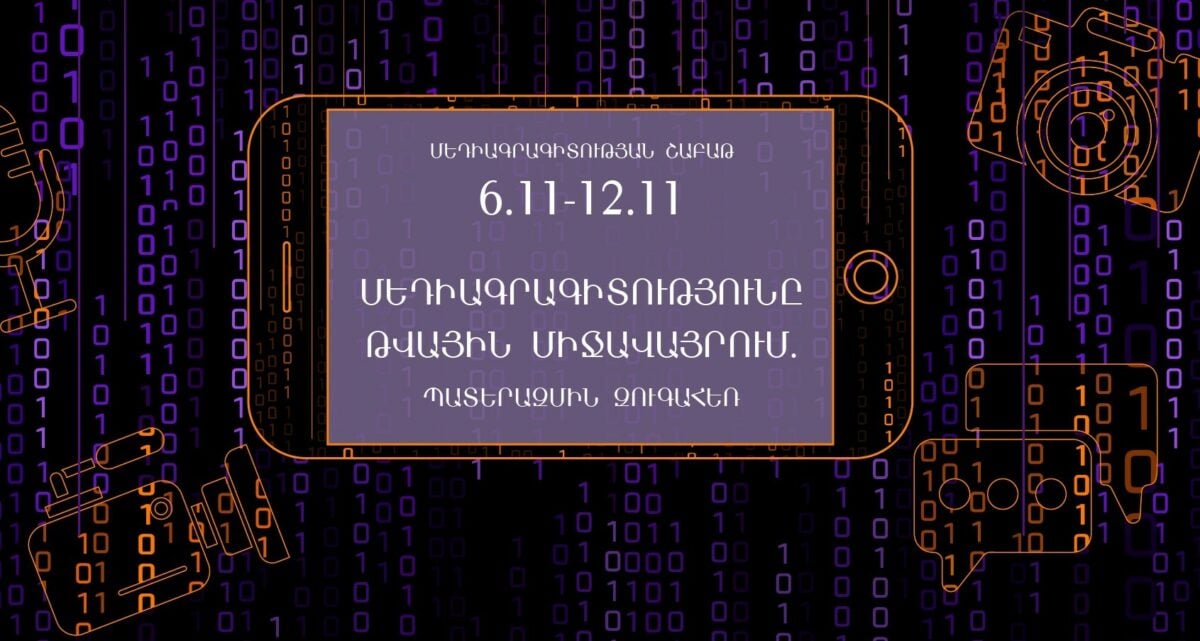
Last week, Armenia honored Media Literacy Week along with many other countries. The United Nations also recognizes this week, making it a significant event for various organizations as it serves as a reporting week and allows them to promote their activities.
Apart from that, various ceremonies are organized, and sabbaticals are observed. Schools and universities gather their students and emphasize the significance of being media literate and the ability to distinguish between true and false news.
This scenario is similar to how traffic is regulated near schools every year in the first few days of September. The police are highly concerned about the children’s safety and keep a close eye on them as they cross the street, with drivers giving way to the first graders carrying balloons and bouquets of flowers. However, the children are no longer the center of attention after these first few days. It is often forgotten, even by the police, that according to the law, first graders with balloons must sit in a special car seat.
The same applies to media literacy. Outside of Media Literacy Week, this subject is mostly neglected in schools and universities, while many teachers continue to spread misinformation on social media.
Now, since the Media Literacy Week is over, let’s think about what can be done for the rest of the year, the remaining 52 weeks and a few days, to improve the situation.
a. It’s challenging to address the issue of public access without significant investments from the government. Consistency and regular updates are crucial in solving this matter. Additionally, the information must be accessible to the general public, which requires large-scale public awareness campaigns. The state has the best resources to carry out such campaigns, including platforms. For instance, the government can utilize existing social advertising opportunities that are currently unused.
b. Media literacy is slowly being included in educational programs. However, there are still issues surrounding the training of teachers and appropriate teaching methods for children that do not rely on traditional memorization techniques.
c. Media literacy must be recognized as a separate phenomenon if any progress is to be made in developing state, national, individual, and organizational programs.
It is essential to understand that media literacy cannot be advanced without improving the general literacy level. If someone has a poor understanding of finance, struggles with mathematics, and cannot calculate compound interest, it will be impossible to make them media literate in the financial sector. This is also true for other fields, such as medicine, politics, and astronomy. Therefore, we need to focus on improving general literacy before we can expect significant improvements in media literacy. Building a solid foundation of media literacy on an overall poor literacy level is impossible.
It is crucial to recognize that media literacy is one of the most essential skills in the world today; this is especially true for Armenia, where various hybrid attacks, including those targeting the information sector, are frequently carried out against our country and society. Therefore, it is necessary to be well-informed about the media to help combat these attacks.
Samvel Martirosyan
The views expressed in the column are those of the author's and do not necessarily reflect the views of Media.am.


Add new comment
Comments by Media.am readers become public after moderation. We urge our readers not to leave anonymous comments. It’s always nice to know with whom one is speaking.
We do not publish comments that contain profanities, non-normative lexicon, personal attacks or threats. We do not publish comments that spread hate.